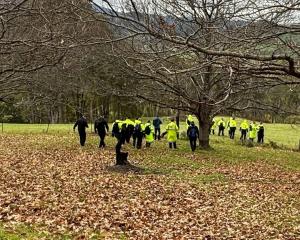Prosecutors in the trial of a woman accused of a MySpace hoax that allegedly led a 13-year-old girl to kill herself will likely be prohibited from presenting evidence of the suicide, a federal judge said on Monday.
US District Judge George H. Wu told attorneys he was leaning toward excluding the evidence from the trial of Lori Drew, who is accused of using a fictitious profile on the social networking site to drive Megan Meier, her daughter's former friend, to hang herself. Drew has pleaded not guilty to one count of conspiracy and three counts of accessing computers without authorisation.
"I don't necessarily think the suicide is relevant to the crime charged," Wu said, adding he thought details of Meier's death would unfairly prejudice the jury.
He said he planned to announce his final decision Friday.
Prosecutors say Drew, 49, of O'Fallon, Missouri, helped create a false-identity MySpace account and harassed Meier with cruel messages.
Meier, who was being treated for depression, hanged herself after allegedly receiving messages saying the world would be better off without her.
The government is prosecuting Drew under the Computer Fraud and Abuse Act, which has never before been used in connection with a Web site's terms of service barring misrepresentation by users setting up new accounts.
Drew's attorneys have argued that cyber-bullying is not a violation of the act, which is typically used to prosecute hackers and those committing high-tech crimes.
On Wednesday, defense lawyer Dean Steward waived Drew's right to a jury trial in an effort to have the case decided by a judge, not jurors. But prosecutors refused to agree with the defense waiver, which automatically resulted in a jury trial.
Jury selection is set to begin November 18.











